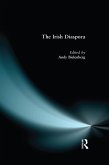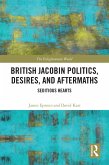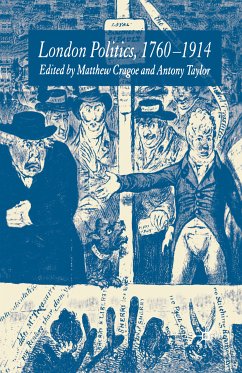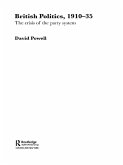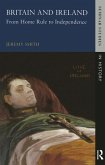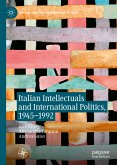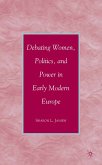This is a study of the nature and operation of the Irish poor law system in the post-famine period. It traces the expansion of the system to encompass a wide range of welfare services, and explains the ideological and political context in which expansion took place.
The only local government bodies in rural areas to include elected members, poor law boards provided many Irish nationalists with their first experience of administrative power. As the influence of the nationalist guardians in the south and west grew, so the character of poor law administration in these areas began to change. Crossman explores the nature and significance of this process through detailed analysis of local decision-making and official actions, providing a new perspective on relationships between central and local administrators, welfare providers and welfare recipients, and the respectable and non-respectable. Topics covered include the politicisation of the welfare system, the relief of distress, the provision of labourers' cottages and the role of women in poor law administration.
The only local government bodies in rural areas to include elected members, poor law boards provided many Irish nationalists with their first experience of administrative power. As the influence of the nationalist guardians in the south and west grew, so the character of poor law administration in these areas began to change. Crossman explores the nature and significance of this process through detailed analysis of local decision-making and official actions, providing a new perspective on relationships between central and local administrators, welfare providers and welfare recipients, and the respectable and non-respectable. Topics covered include the politicisation of the welfare system, the relief of distress, the provision of labourers' cottages and the role of women in poor law administration.
Dieser Download kann aus rechtlichen Gründen nur mit Rechnungsadresse in A, D ausgeliefert werden.



